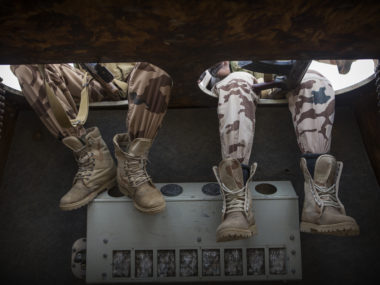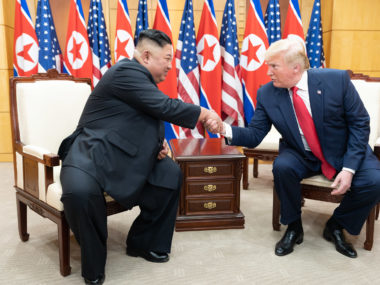Daniel Maliniak, Ryan Powers and I recently finished a study (a recent draft of the paper is here; the final paper will be published by International Organization in Fall 2013) that revealed articles written by women in international relations are cited significantly less than articles written by men. This is true even if you control for institutional affiliation, productivity, publication venue, tenure, topic, methodology and anything else you can think of. Our hunch was that this gender citation gap was due to two things: (1) women citing themselves less than men, and (2) men tending to cite other men more than women in a field dominated by men. We found that both were true, but they didn’t entirely account for the gap.
So today’s puzzler is this: What else do you think might account for the gap? Why do you think it exists?







13 comments
I don’t doubt that there’s sexism in academia and that it could potentially manifest itself in citation counts, but did you control for age or, more specifically, time in academia or some other measure of how many people they have trained?
That’s truly awful.
How about this: did you take into consideration whether the author of the article had tenure? We do know that for many, publication rate goes down after tenure. Now some assistant profs might want to maximize the probability of a favorable outside review but citing as many people as possible, in the hope they hit the outside reviewer. If outside reviewers are male, this might lead them to cite “relatively” (!!) obscure males, creating an excess of male citations.
I agree that age of author might provide better information than a dummy for tenure, on its own perhaps but particularly interacted with some of the other key variables. This is perhaps because of the evolving gender demographics of the subfield (of the discipline). In 1980 there were relatively fewer women, and even fewer tenured women, proportionally than today. And even in 2006 the gender imbalance remained (as it remains) more pronounced at the top ranks than it is at the assistant level. This could have a straightforward implication for self-citing – fewer women have had similar opportunities to self-cite simply because relatively more women are at earlier stages of their careers in the sample, and have simply published relatively fewer things. Tenure/not might not capture this, because there are likely huge differences, say, between (the average) a 35-year old (female) scholar’s CV and the average 65 year old (female) scholar’s CV. I don’t know if you can get age, but you can get year of PhD from APSA, I think, and it might be useful to show interactions of (estimated) age with some of the other variables. Another thought: changing disciplinary norms (eg of frequency of collaboration) may interact with gender (for any number of reasons) differently over the last 30 years or so, so it might be interesting to break apart the analysis into two or three time periods.